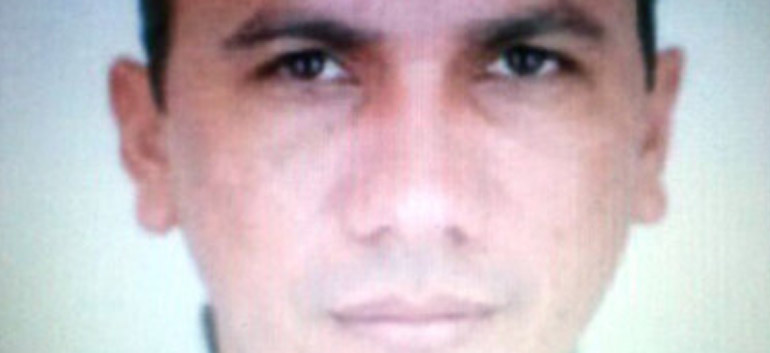Brazil authorities arrested Marcos Figueroa, one of Colombia’s most politically powerful drug lords, in the city of Boa Vista on Wednesday.
The criminal from the northern La Guajira state was arrested in a a luxury mansion while in the company of family.
Figueroa, 47, is one of the most successful drug traffickers from Colombia’s Caribbean coast, and the boss of a criminal gang operating around the Venezuelan border.
The police put a bounty of 350 million Colombian Pesos on Figueroa’s head. Besides drug-related offenses, he was involved in crimes against politicians and authorities in the north of the country.
Figueroa’s political tentacles
Figueroa is an important figure in the trial against La Guajira’s ex-governor, Francisco Gomez, and the singer Jorge Onate, both alleged to have ties to the crime lord.
MORE: North Colombia governor arrested, accused of homicide and paramilitary ties
Prosecutors have claimed Figueroa sponsored Gomez’s political campaigns.
Moreover, the Prosecutor’s office has evidence of Figueroa’s involvement in three assassinations, including that of the ex-mayor of the drug lord’s home town, Barrancas.
It was in Barrancas where Figueroa built his position and gained substantial political power. He is thought to have personally chosen governors and mayors in La Guajira state.
From AUC to independent drug lord
He began his rise to power as a chief of security for the paramilitary group AUC under the leadership of the infamous ” Jorge 40,” the commander of the paramilitaries’ Northern Block and one of the organization’s main liaison with politicians.
In the 1990s, Figueroa was closely aligned with Jorge Gnecco, first cousin of the current governor of Cesar, and a major smuggler of petrol and drugs in the north of Colombia.
Gnecco was later killed by Jorge 40.
Around 2002, Figueroa moved to Venezuela where he forged his economic and military empire coordinating exports of cocaine from the port of Maracaibo to Central America and later to the US.
Numerous conflicts with different criminal groups forced Figueroa to retreat to his hometown of Barrancas. From there, he continued to oversee local criminal structures, and allegedly got in close contact with Gomez, a political ally of Colombia’s vice President, German Vargas.
MORE: German Vargas
By 2010, the criminal turned into the principal mobster in La Guajira using violence and his political connections.
Figueroa also established close partnership in drug-trafficking operations with Colombia’s leading drug trafficking organization, “Los Urabenos,” and the Sinaloa cartel from Mexico.
However, the empire of Figueroa was reportedly heavily affected by the arrest of Gomez last year.
According to House Representative Claudia Lopez (Green Alliance), Figueroa can still count on the political support of U Party Senator Jose Alfredo Gnecco and indigenous House Representative Antenor Duran.
President Juan Manuel Santos responded enthusiastically to the reported arrest. He congratulated Colombia’s police chief for his people’s efforts and advised to “keep it up, so that the bandits realize that no matter where they are hiding, they will be caught, tried and convicted.”
|


